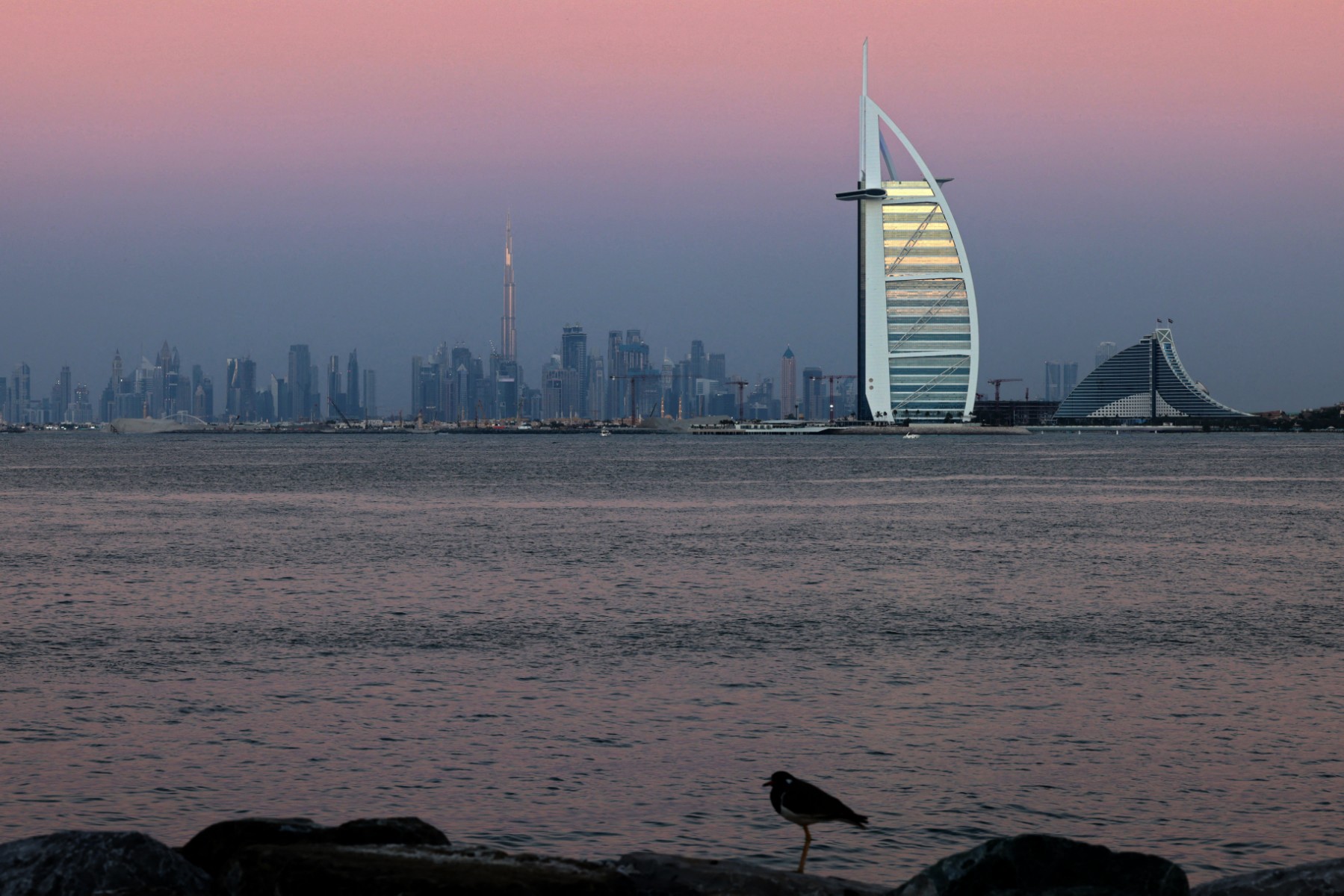Dubai, UAE–Total spending using international cards in the UAE witnessed a growth of more than 25% during the year 2023.
J.K. Khalil, General Manager, MENA East, Mastercard, told Emirates News Agency (WAM) that digital payments continue to experience remarkable growth in the UAE, with more users and companies opting for them due to the convenience and security they offer compared to cash payments.
He stated that the spending patterns using international cards in the UAE and the GCC countries highlight their pivotal role in boosting the travel sector’s recovery. Transactions via cards and digital payment solutions in the Middle East and North Africa surged by 20 percent in value and over 50 percent in volume, indicating a significant shift towards digital payments for everyday expenses.
Anticipating continued growth, he attributed this trend to consumers’ desire for speed, convenience, and security, noting these as key drivers fueling the expansion of digital payments.
He reaffirmed Mastercard’s commitment to streamline transactions and enhance payment efficiency in the region, emphasising partnerships to offer comprehensive digital payment features.
Khalil shared insights from Mastercard’s payment index, indicating a high adoption rate of new payment methods, with 85 percent of individuals in the region embracing them. In the UAE, 88 percent adopted new methods, including mobile contactless payments (39 percent), “buy now, pay later” services (29 percent), cryptocurrencies (20 percent), and wearable technology (18 percent).
He highlighted the significant growth of cross-border payments, particularly in connecting expatriates with their home countries, especially in the Gulf Cooperation Council countries with large expatriate populations.
Regarding Mastercard’s cross-border payments report for 2023, it indicated that 48 percent of UAE residents anticipate an increase in cross-border transactions over the next 12 months, while 36 percent expect to receive more cross-border payments during the same period.
He reiterated Mastercard’s commitment to supporting communities by providing safe, convenient, and rapid international money transfer methods at reasonable costs. Mastercard’s cross-border services facilitate money movement to over 180 countries, enabling senders to reach over 90 percent of banked populations worldwide.
Khalil emphasised that financial inclusion is a cornerstone of Mastercard’s mission, extending beyond bank accounts to address systemic financial inequalities. The company aims to include one billion individuals and 50 million micro, small, and medium-sized enterprises in the digital economy by 2025.
He said that small businesses require digital support to thrive in the digital economy. Therefore, Mastercard offers tailored payment solutions for startups and SMEs, facilitating swift, secure transactions and broadening their customer base.
He pointed out that Mastercard unveiled the “Sustainable Cards Pledge” at COP28 in the UAE, aiming for banks to adopt sustainable card materials by 2025. Over 10 financial institutions promptly joined the initiative, making the UAE the first nation to achieve this milestone three years ahead of Mastercard’s global target for 2028, where 80 percent of Mastercard cards issued in the market will be sustainable by 2025.
A Mastercard study found that Middle Eastern consumers are increasingly prioritising sustainability, with 9 out of 10 adults willing to take action. Over 72percent believe companies should prioritise environmental measures, and 25 percent would cease support for brands lacking sustainability commitments, with 15 percent having already boycotted such companies.








